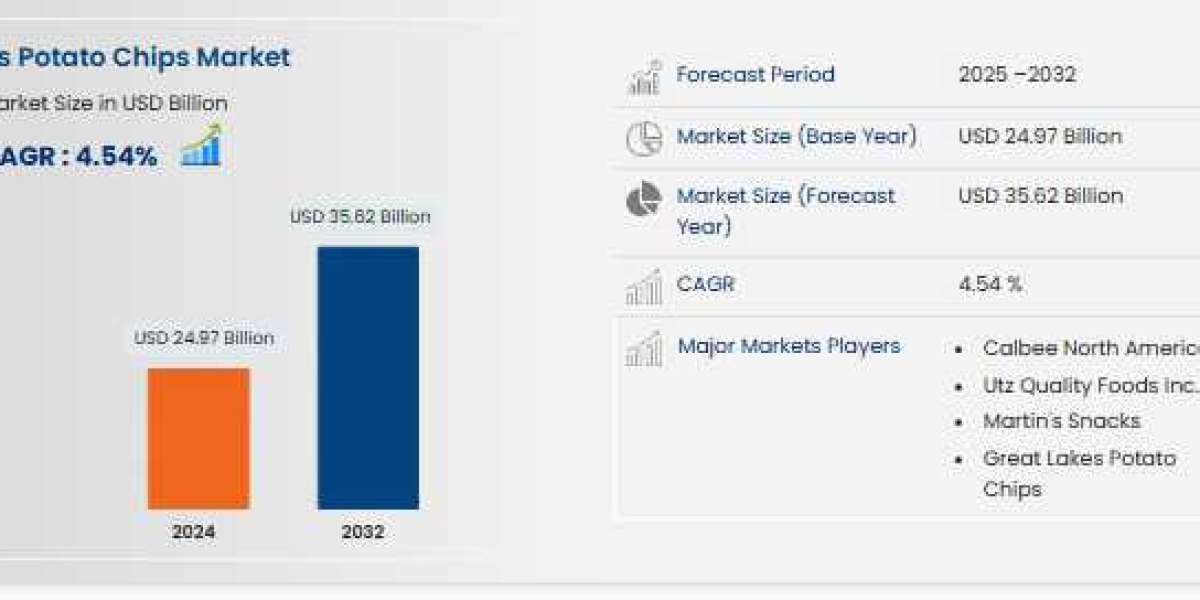Market driven by smart metering, digital energy tracking, and growing demand for electricity monitoring.
The power metering market is undergoing a profound transformation, moving far beyond its traditional role of simply measuring energy consumption. As the global energy landscape evolves, driven by a push for efficiency, the integration of renewables, and the development of smart grids, the market for power metering is experiencing robust growth. Valued at over $23 billion in 2023, the sector is projected to reach nearly $39 billion by 2032, with a strong compound annual growth rate (CAGR). This expansion is a testament to the essential role that modern metering plays in managing our increasingly complex and decentralized energy systems.
The most significant force behind this market’s growth is the global rollout of smart meters. Unlike their analog and digital predecessors, smart meters offer two-way communication, providing utilities and consumers with real-time data on energy usage. This capability is a game-changer, enabling a host of benefits from more accurate billing and remote meter reading to enhanced grid management and the early detection of power outages. Government mandates and smart city initiatives in countries around the world are accelerating this adoption, with major projects underway in regions like Asia-Pacific and Europe to replace legacy meters with smart infrastructure.
Beyond smart meters, the market is also being driven by the need for advanced power monitoring systems in the industrial and commercial sectors. Businesses are increasingly focused on optimizing energy consumption to reduce costs and improve sustainability. Power metering solutions that provide granular data on energy usage for high-voltage equipment, data centers, and manufacturing plants are in high demand. These systems allow facility managers to identify inefficiencies, optimize operations, and make informed decisions about energy management, which is crucial for profitability in a competitive market.
While the market's outlook is overwhelmingly positive, it is not without challenges. High initial installation costs, especially for large-scale smart meter rollouts, can be a barrier. Additionally, issues related to data privacy and cybersecurity are a growing concern as more consumer data is transmitted wirelessly. However, these challenges are being addressed through ongoing technological innovation and the development of more secure and interoperable systems. As a result, the power metering market is poised to continue its strong growth, solidifying its role as the critical link between energy production, distribution, and consumption.






